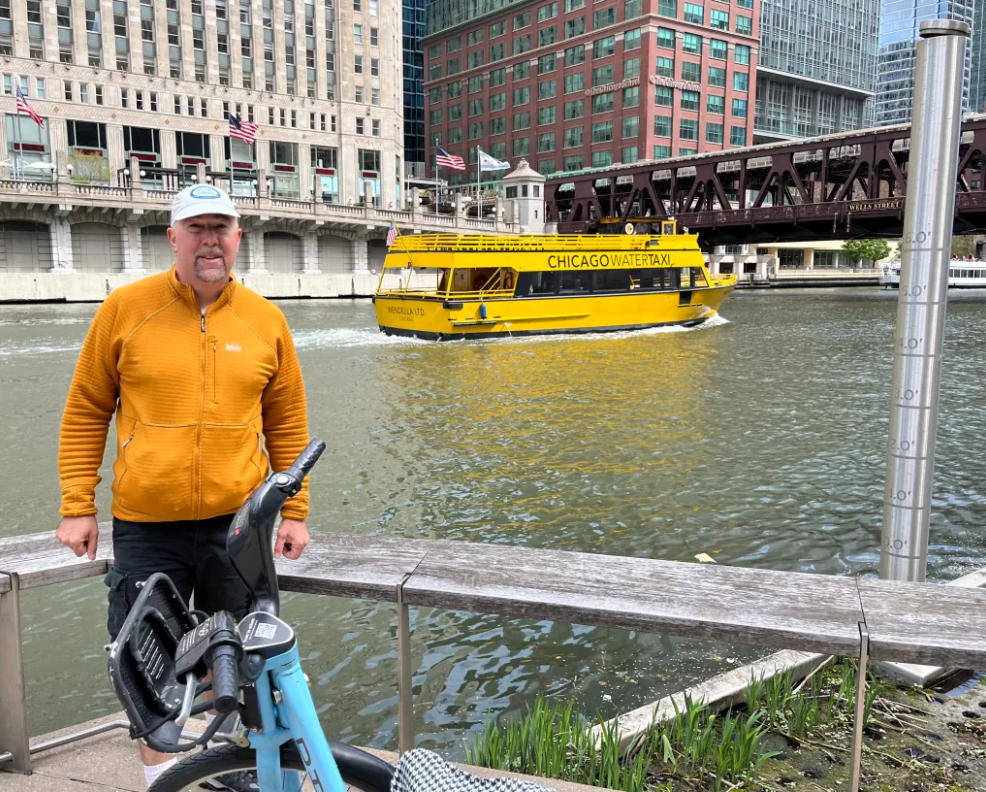City planners have been on the hook for some of the last century's greatest metropolitan mishaps: urban freeways and "slum clearance," arbitrary minimum parking requirements, and land use laws that have left little room for the mingling of uses. Understandably, today's planners are a bit humbled. But when planning directors from some of North America's most progressive cities spoke at City Hall this week about the political challenges that face urban planners, several of them said the field needs to move beyond worrying about past mistakes.
"Because of the failure of the planning profession in
the past, we've gotten quiet, we've gotten a little too meek," said Brent Toderian, Vancouver's planning director. "We serve
at the will of politicians, and are often unwilling to speak truth to
power loudly and persuasively and in public. I think that's really been
an absolving of our leadership responsibilities in the profession."
SPUR and the San Francisco Planning Department hosted the discussion
with planning heads from SF, New York, Portland, Seattle, Vancouver,
Minneapolis and San Diego, who were all in town for the Urban Land Institute's annual expo.
While the directors didn't lack for bold visions, some lamented the planning field's fixation on avoiding undesirable consequences. "I'd have to say, especially in California, unfortunately, the field has evolved into focusing on preventing bad things from happening instead of making good things happen," said Bill Anderson, San Diego's planning head.
Minneapolis planning chief Barbara Sporlein echoed that concern. "So much of planning is making up for past mistakes," she said. "It just feels like every time something happens, [we say,] 'That can't happen again.'"
In Vancouver, planning directors do not serve at the will of the mayor, and are appointed through a selection committee process and approved by the city council. As a result, said Toderian, the discussion about planning is much more vigorous and productive.
"In the absence of that willingness to have those kinds of tough, tense conversations, sometimes the best answers, the best options, are never put on the table," he said. "If Planning's not putting those options and issues on the table, then it's our fault that politicians aren't making better decisions."
San Francisco's planning director, John Rahaim, said he thinks
planning staff should be more up front with the public about their
objectives. "We have to build some civility. I think the way to do that
is, frankly, brutal honesty," said Rahaim. "We have to be absolutely up
front and honest about what we're doing and what we're not doing."
Rahaim also described a vision to greatly expand the number of open spaces in the city.
"San Francisco really must pay attention to our streets and open spaces
in a comprehensive way," said Rahaim. "I would love to see a real,
focused effort on creating a whole series of great neighborhood public
open spaces that really create hearts to our neighborhoods. I think San
Franciscans would embrace them and use them tremendously. They do in
the neighborhoods that do have them."
New York's planning director, Amanda Burden, also argued
strongly for expanding open spaces. "Great public open spaces - and
that means public open spaces that are used intensively and are magnets
for people - are the great mixing chambers of cities," said Burden.
"It's where all classes, all ethnicities, all economic strata, come
together and really create energy that makes the cities we want to be
in."
"When you have a small amount of public resources, put
them in great public open spaces, because they will trigger private
investment."
Many of the directors cited Portland as their model for increasing bicycling (which, as Streetsblog's CNU summit coverage mentioned, is itself still dealing with the effects of Robert Moses-era planning.) Portland planning head Susan Anderson said the origin of her city's success extends beyond infrastructure. "In
Portland now, seven to eight percent of the people are biking all the
time to work, everywhere," she said. "That happened partly because of
infrastructure, all of the good planning stuff, but what really made it
jump in the last two years is because it became cool. It became cool
because we did all of these different things about press, about working
with kids and biking to school."






